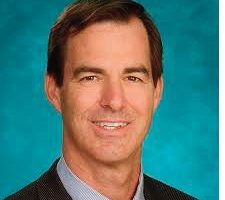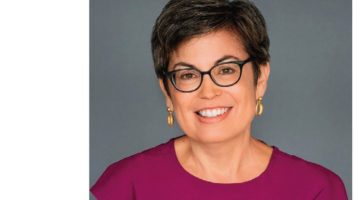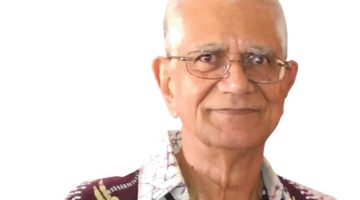Without the authentic approval and input from the community, the city of Miami will make yet another attempt to “revitalize” historic Overtown.
Revitalization is surely a lofty goal, given the fact that Overtown is the ancestral home of African-American Miamians. As the second oldest neighborhood in Dade County, Overtown has the mandate as well as the historical right to exist. However, it is yet to be determined if these mega “community developers” really understand that development does not translate into obliteration and displacement. That has been our experience with other development schemes.
Before the gutting of Overtown by Interstate 95, there were more than 50,000 striving residents in the area. Afterwards, all but 10,000 were scattered to other parts of Miami-Dade County, leaving behind a cohort that included many economically depressed residents. Gone are the many successful African-American businesses and the jobs they created for the neighborhood residents.
A review of the submitted proposals displays the impressive qualifications of these developers and no doubt they are prepared to retrofit Overtown with impressive physical structures. However, we need to ask the fundamental questions: Given that Overtown is Overtown, what does this community really need if it is to be “developed”? And, can any of these developers conceptualize that need and are they prepared to address it? If there are affirmative answers to these questions, I, for one, would surely like to review them.
The city of Miami would benefit from showcasing a vibrant neighborhood so contiguous to the new face of Downtown and sandwiched between the newly developed Art Deco area. But, again, more questions.
What about the current residents of Overtown? What services will be generated to uplift this community? Who will guarantee the preservation of this historic African-American mecca? Are the black city and county commissioners sensitive to this emerging problem and, if so, what are they doing to co-opt this initiative?
For my part, I am not willing to sit idly back while the city chip away a long standing African-American community, block by block, all in the name of “community development.”
Community development should do just that: developing the community. There has to be a direct connection between the developers and the people who are the target population. After all, fancy stores and shops and even fancy housing are not the community. The community is the people. This is not to say that more and better infrastructure is not needed. Rather, it is to point out that these things alone do not develop a community.
As economically depressed as Overtown is, there still remains a sense of community ownership, even pride. It would be a gross mistake to assume that the residents are anomic. These are families with children, who, in spite of their economic plight, are striving for a better life for themselves and their progeny.
We know that when people are integrated into a caring community, they tend to reason and act in responsible ways.
A final question: Will development snatch away that ownership or will it plan for a symbiosis with the community?
Gilbert L. Raiford is a retired social worker who has had a long career in teaching. He freelances as an expert witness in the sentencing phase of capital offense convictions. He may be reached at graiford@hotmail.com












No Comment